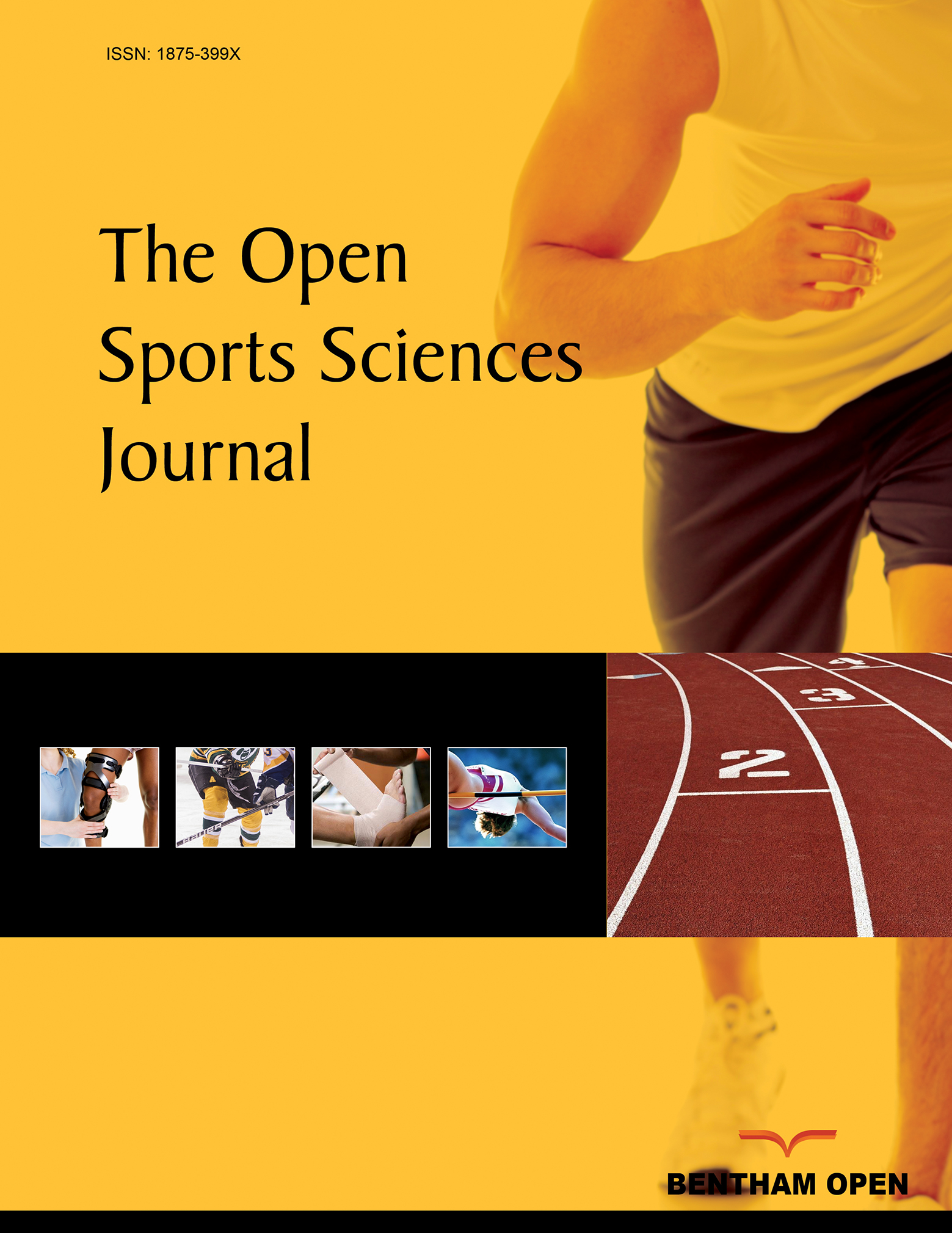Speed Track Events: Development and Validity of Exercise Catalog
Abstract
Introduction:
Sports coaches are guided by empirical evidence at the moment of planning the training loads, and, many times, these loads are not recorded for posterior analysis. A validated scientific instrument could help coaches to plan, register, and analyse sports training load.
Aim:
The study aimed to develop and assess the content validity of a catalog of exercises for speed track events.
Methods:
Through interviews, a group of expert coaches elaborated a catalog of exercises. Two groups of raters evaluated the content validity of these exercises, producing a coefficient of content validity (CCV) for such validity indicators as clarity of language, practical pertinence and theoretical relevance. Additionally, raters assessed the specificity level of each exercise by deciding if the exercise was general, special or specific to speed track events.
Results:
These CCV results confirmed the content validity of a 75-exercise catalog with satisfactory validity indicators, meaning the exercises are understandable for athletic coaches (CCVCL=0,93), pertinent for speed track training (CCVPP=0,84) and relevant (CCVRT=0,83).
Conclusion:
This catalog may help athletic coaches to plan, implement and analyze their players’ sports training loads.


